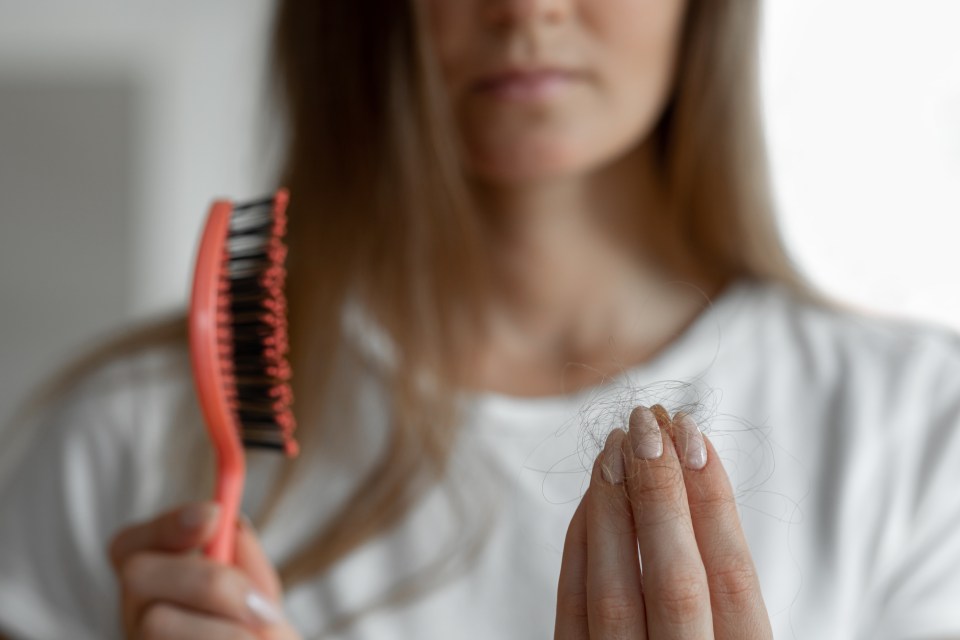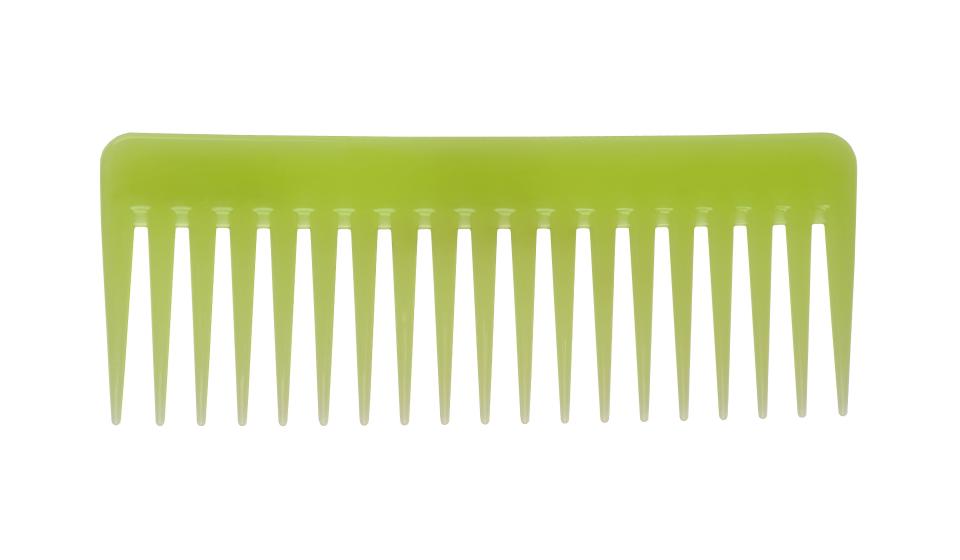A HAIR expert has revealed that brushing wet hair may cause more permanent damage to hair follicles than many people realise – and can lead to you going bald.
Dr Roshan Vara, from Treatment Rooms London, said this common post-shower habit weakens hair structure at a molecular level, potentially leading to increased breakage and thinning over time.
They shared: “Wet hair has a lot of physical differences to hair when it’s dry and that can affect its ability to handle stress from brushing.
“Water affects the hair shaft, and as a result, it experiences stretches in the cuticle because of swelling and that leads to breakage due to the strain.”
Hair researchers have found that wet hair can stretch more than dry hair before breaking, but this apparent elasticity is misleading.
Dr Roshan explained: “Wet hair causes stretching which damages the protein structure, leading to weaker hair over time.”
So how do you combat this?
SAFE SOLUTION
Wide-tooth combs should be used instead of brushes, for wet hair, according to the hair transplant expert.
Dr Roshan continued: “If you haven’t brushed your hair before you wet it, don’t use a standard brush, use a wide-tooth comb and start from the ends and work your way up.
“Never start brushing from the roots when hair is wet – you must avoid doing this to prevent damage.”
According to Dr Roshan, styling techniques that combine wetness and heat exacerbate the damage.
They added: “Using a hairdryer on soaking wet hair is particularly damaging, even if many may do that without even thinking.
“The speed of which water is removed from the hair shaft can cause essentially a rupturing effect which pushes out the cuticle and leads to hair falling out as it isn’t as strong as it needs to be.”
The protection of the hair cuticle continues its decline as a result of aggressive brushing on wet hair.
Fine hair and chemically treated hair – whether coloured, permed or relaxed – are especially susceptible to wet brushing damage because their protein structure is already altered.
Rush hair expert reveals how to repair damaged hair

TINA Farey, Editorial director at Rush Hair, shares her advice…
HOW TO RESTORE DAMAGED HAIR
Whilst you can’t fully reserve the effects of damaged hair, you can stop the problem from growing.
Depending on the condition of your hair, I’d recommend getting a trim every six to eight weeks – this will prevent any split ends from travelling further up the hair shaft, which weakens the hair’s overall structure and leads to more breakage.
Even just an inch of the ends will completely transform the appearance of your hair – trust me.
When it comes to products to help restore damaged hair, Goldwell’s Rich Repair Treatment Mask is a firm favourite – strengthening damaged locks to be healthy and shiny once again.
HOW TO PREVENT DAMAGE
My number one tip is to always use a heat protectant – even if you’re only blow-drying your hair.
Consistent heat styling without one will leave your hair open to heat damage.
I’d also recommend refraining from over-washing your hair as this can strip the hair of its natural oils – nobody wants a dry and irritated scalp!
And finally, swap your sleek, slick back for a hair down day!
They may be in fashion at the moment, but over time all that tension on your strands from being pulled will wreak havoc on your hair follicles – this could lead to thinning and bald spots in areas where the hair is constantly pulled.















